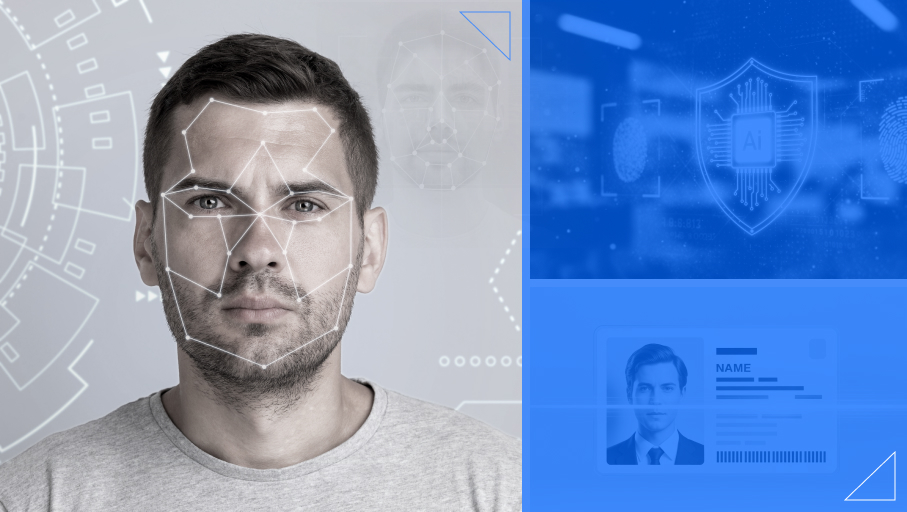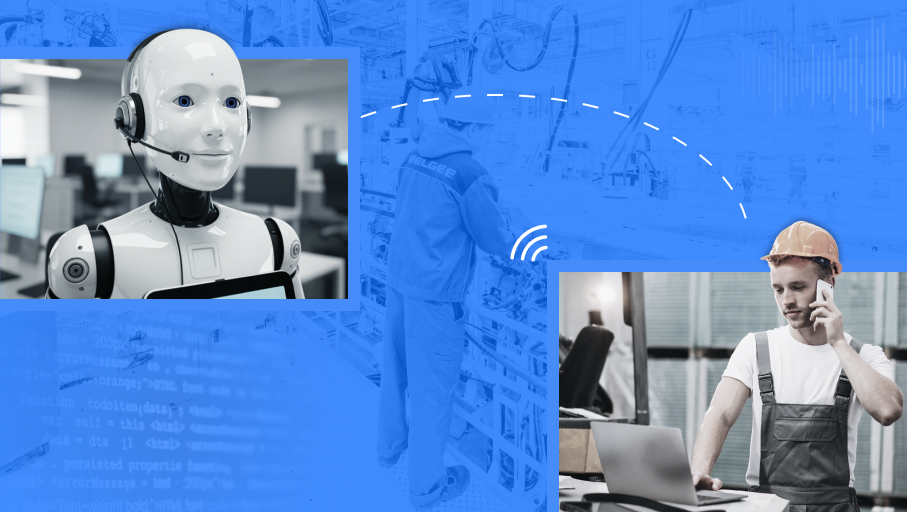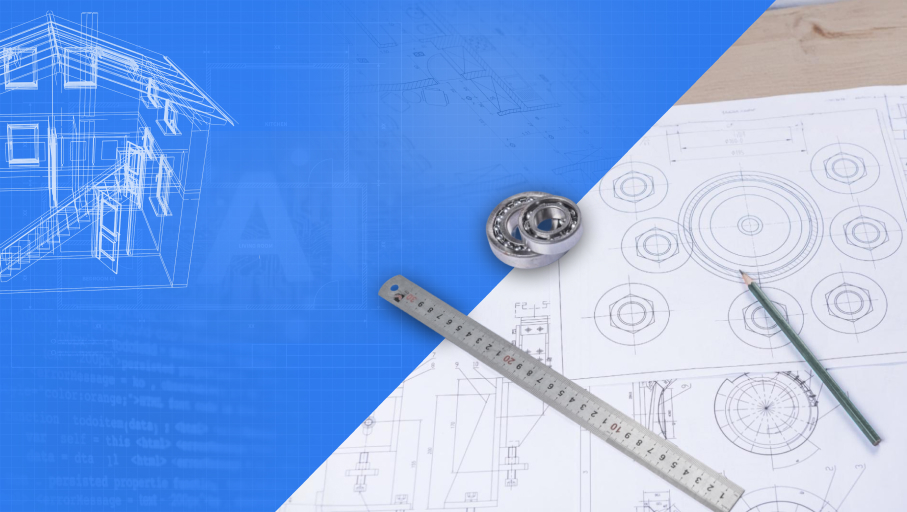Clinical Challenge: The Need for Better Wound Healing Predictions
An AI Specialist from Stermedia collaborated with an industrial partner in the medical field to improve the prediction of wound healing processes.
The joint initiative aimed to support medical professionals with data-driven tools capable of providing an objective prognosis of healing dynamics and identifying potential complications earlier.
Existing diagnostic methods were limited to manual assessment and static observation, which lacked precision and scalability. Medical experts needed an intelligent solution that could combine clinical knowledge with image-based data analysis to better understand the healing process and plan interventions accordingly.
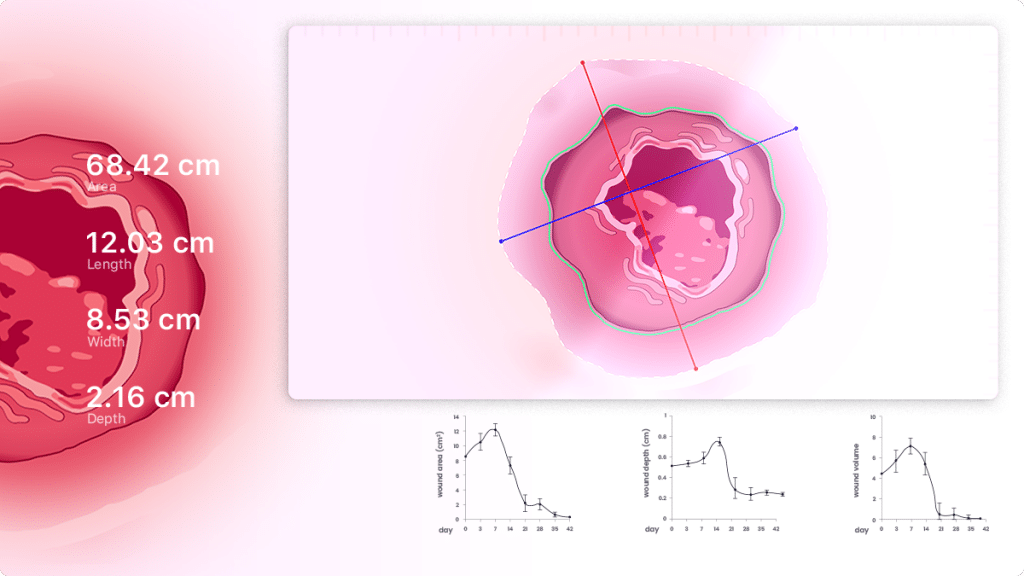
AI Specialist Approach: Applying Deep Learning to Medical Imaging
To meet this challenge, Stermedia’s AI specialists combined data science and medical expertise to develop a deep learning model that could analyse wound images and provide reliable prognostic information.
Key steps:
1. Data Collection and Preprocessing
Image data from wound healing studies were collected, cleaned, and normalised to ensure consistency and usability for model training.
2. Deep Learning Model Training
A convolutional neural network (CNN) was implemented to identify visual patterns linked to different stages of wound recovery.
The AI model learned to associate visual features with the rate and quality of healing.
3. Testing and Validation
The trained model was tested on unseen data to evaluate its accuracy in predicting wound progression and potential delays in recovery.
4. Clinical Collaboration
Continuous feedback from medical experts was incorporated to interpret the model’s predictions and align them with clinical practice.
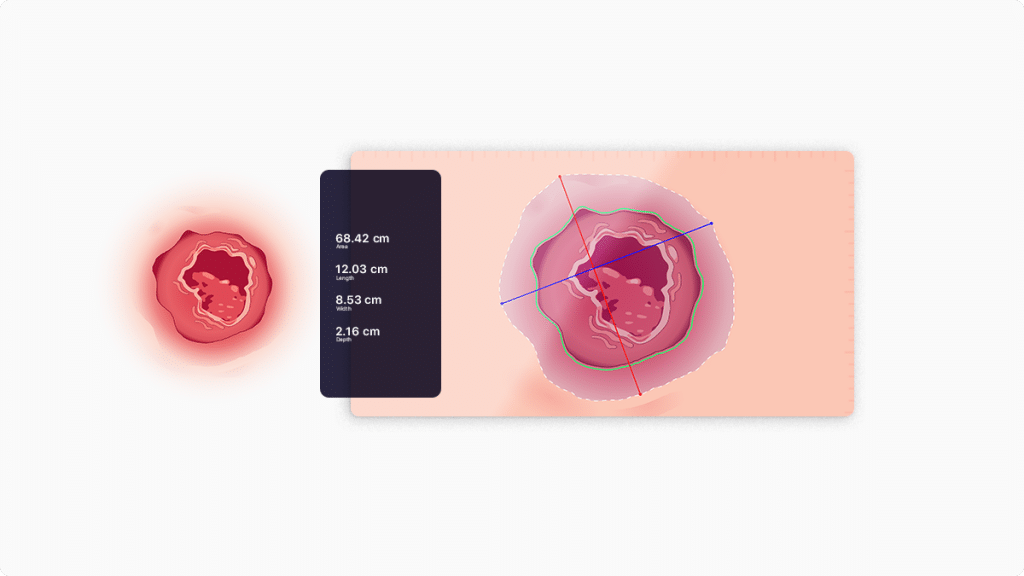
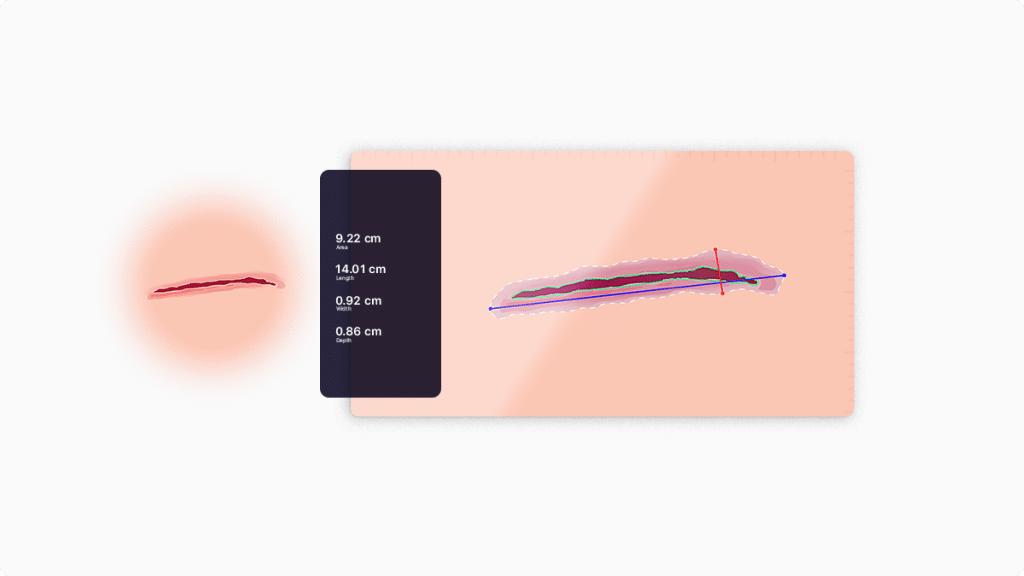
AI-Driven Solution: Deep Learning for Accurate Medical Prognosis
The result was a deep learning–based AI solution designed to support medical professionals in evaluating wound healing progress.
The system delivers insights that allow healthcare teams to monitor recovery, compare healing stages, and identify early indicators of delayed regeneration.
Rather than replacing clinical judgment, this AI-powered medical tool enhances decision-making with measurable, data-driven insights — enabling faster, more accurate prognoses and improving patient care outcomes.
Results: Tangible Benefits of AI in Healthcare
The deep learning model achieved promising predictive accuracy, confirming its potential for integration into broader medical diagnostic systems.
The solution demonstrated that combining domain knowledge with AI specialist expertise can lead to measurable progress in computer-assisted healthcare analysis.
Key benefits included:
- Improved visibility into wound healing dynamics,
- Earlier detection of irregular healing patterns,
- Enhanced support for clinicians in making treatment decisions,
- Foundation for future AI in healthcare applications.
Here you can read more about healing process prediction through machine learning.
Next Steps & Further Reading
Turn medical data into actionable insight with AI-powered healthcare solutions.
At Stermedia, our AI specialists help healthcare organisations harness artificial intelligence to enhance diagnostic precision and patient outcomes.
If you’re ready to explore how AI can support your clinical innovations, contact our AI experts today.
Continue your journey into applied artificial intelligence by exploring more success stories:
- AI Solutions for Healthcare: Screening Revolutionized – how predictive analytics transform clinical workflows.
- Beating Cancer With Women’s Health Supporting App – AI-based early detection supporting women’s wellbeing.
- Revolutionizing Public Health with AI and ML: Sanitary Inspection Case Study – applying AI for safer, data-driven public health systems.
Are you inspired?
Let’s talk about your idea.
Let’s talk
